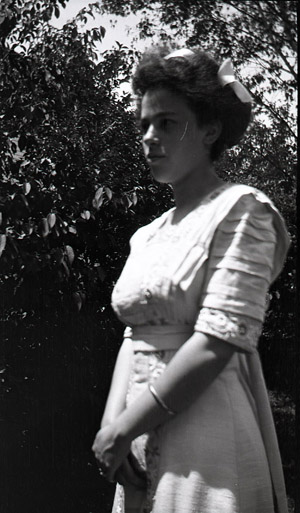George Stocking Account Book
The shoemaker George Stocking was born on May 23, 1784, on his family’s farm in Ashfield, Mass., the second son of Abraham and Abigail (Nabby) Stocking. At 25, George married Ann Toby (1790-1835) from nearby Conway, with whom he had nine children, followed by two more children with his second wife, the widow Mary Jackson Shippey, whom he married on Dec. 16, 1840. George succeeded Amos Stocking, his uncle, in the tanning and shoemaking business at Pittsfield, Mass., where he died on Christmas day 1864.
George Stocking’s double column account book documents almost 35 years of the economic activity of a shoemaker in antebellum Ashfield, Massachusetts. Although the entries are typically very brief, recording making, mending, tapping, capping, or heeling shoes and boots, among other things, they provide a dense and fairly continuous record of his work. They also reveal the degree to which Stocking occasionally engaged in other activities to earn a living, including mending harnesses and other leatherwork to performing agricultural labor. The book includes accounts with Charles Knowlton, the local physician was was famous as a freethinker and atheist and author of Fruits of Philosophy, his book on contraception that earned him conviction on charges of obscenity and a sentence of three months at hard labor.

